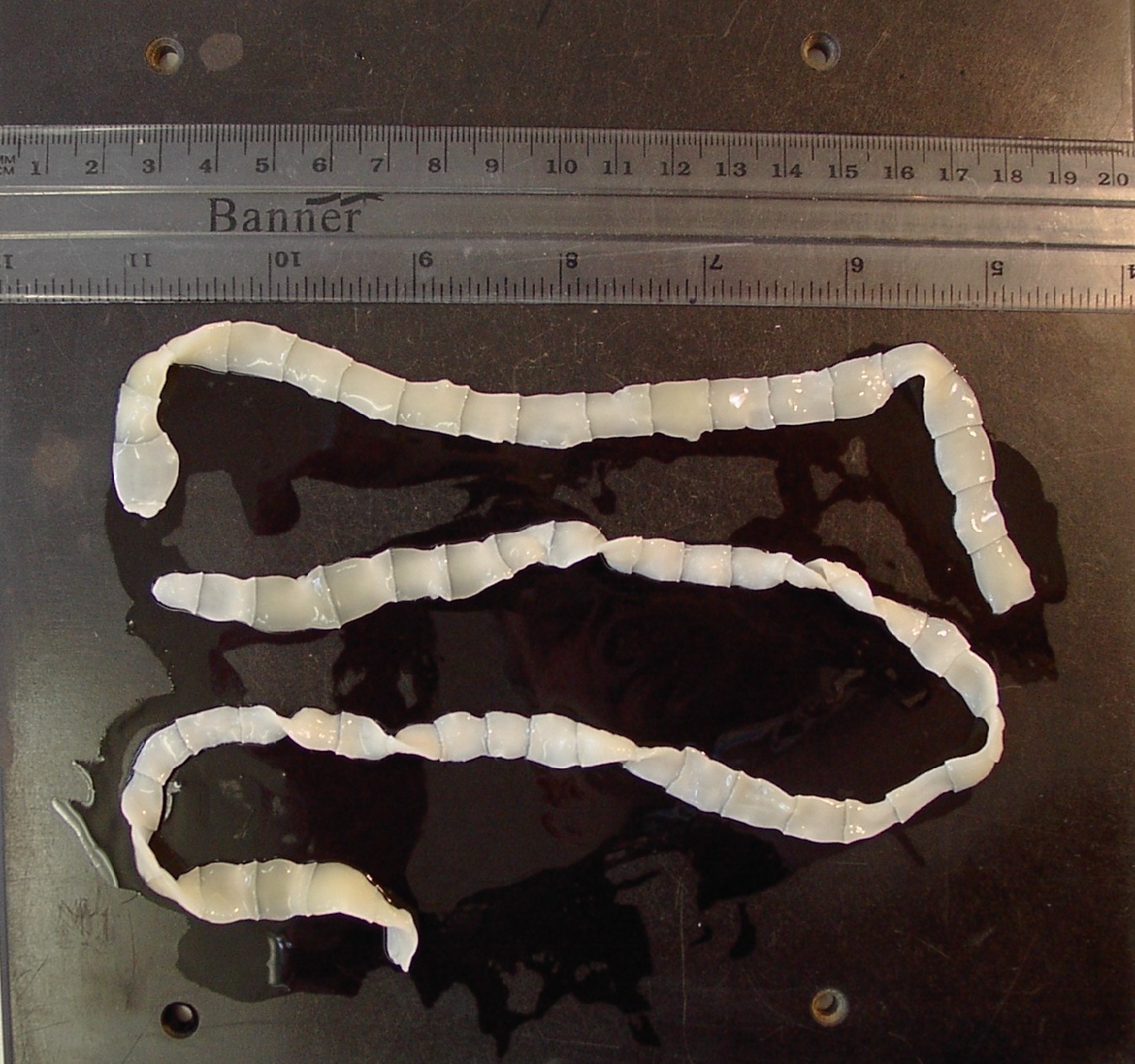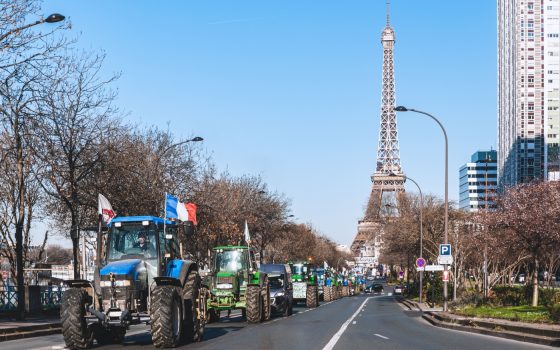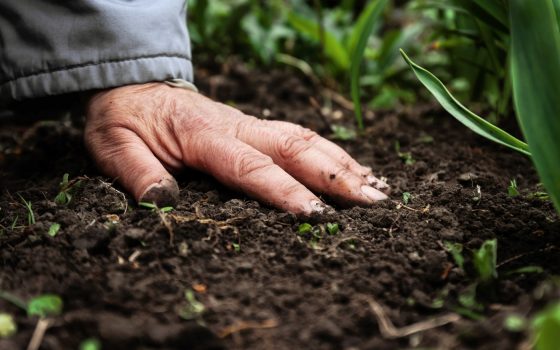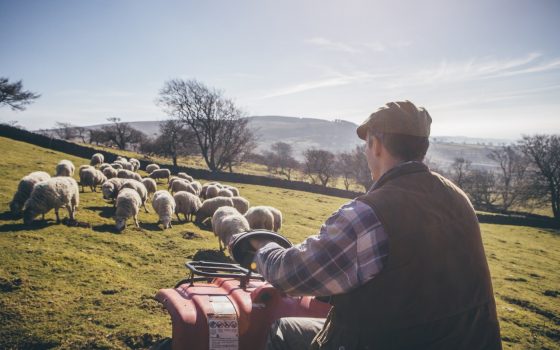Tapeworms for lunch?
Why parasites could be in for a comeback
01 December 2016
Food should not make us ill. That’s something that we generally take for granted. But it’s the legacy of hundreds of years’ of hard-fought progress on food safety and standards.
Just a few generations ago, people couldn’t trust in the safety of what they ate. Contamination was common, hygiene was poor, and products were routinely mixed with dubious fillers to bulk them out.
Chalk was added to flour to bake white bread. In 1848, 200 people were poisoned by arsenic-laced peppermints in Bradford. And without proper meat hygiene and inspection, tapeworms happily laid their eggs in our meat and made their homes in our guts.
As a result of all this risk, people turned to Quaker owned producers, who they trusted with the ingredients in products such as chocolate.
We’ve come a long way since then. Over time we have made incredible progress as a society in protecting ourselves and our families from these kinds of practices. For example, it’s thanks to an EU regulation that we successfully prevent meat infested with tapeworms from reaching the supermarket, by setting minimum standards for inspection of meat across the EU.
These rules work. 2 million instances of tapeworms have been removed from the human food chain by UNISON’s meat inspectors over a 2 year period. Also rejected were 3 million animals with pneumonia, 450,000 with abscesses and 28,000 with TB. EU regulations are designed to keep this meat out. Failing to prevent tapeworms being transferred to humans can have horrifying consequences, such as larvae forming large cysts in the brain.
We should be proud of the high standards we hold our industries to, and recognise that it is thanks to these standards – and the people who enforce them – that our day-to-day lives are relatively free from threats to our safety and health.
But we can’t take this for granted. The Quaker-branded products that so many of us know and trust — including those by Cadbury, Fry and Rowntree — are now mostly run and owned by global corporations. The only real control we have over the food we eat comes from this hard-won set of food safety standards.

Credit: Nathan Reading
In the coming months and years, as we exit the EU, there will be a series of choices about whether we’re going to maintain the high standards we’ve become accustomed to, or whether these will be bargained away to placate businesses and special interests. For any meat that we export to the EU we will have to comply with these regulations anyway, but even if that wasn’t the case we should aim to keep standards at least as high as they currently are.
Regulation is an abstract concept for most of us, but its consequences are very real. Do we want high quality, safe meat on our plates, or are we going to take a risk and lower our standards? We have to defend the rules and standards that make what we produce so great. For the sake of our own safety and wellbeing, and for the sake of competing with other countries. Our vision for the economy must be based on being the best, not just racing to be the cheapest.
To support these principles, UNISON is endorsing a campaign to make sure independent meat inspection is retained, For more information, visit www.meatinspection.org/risk.
Topics Fisheries & farming






